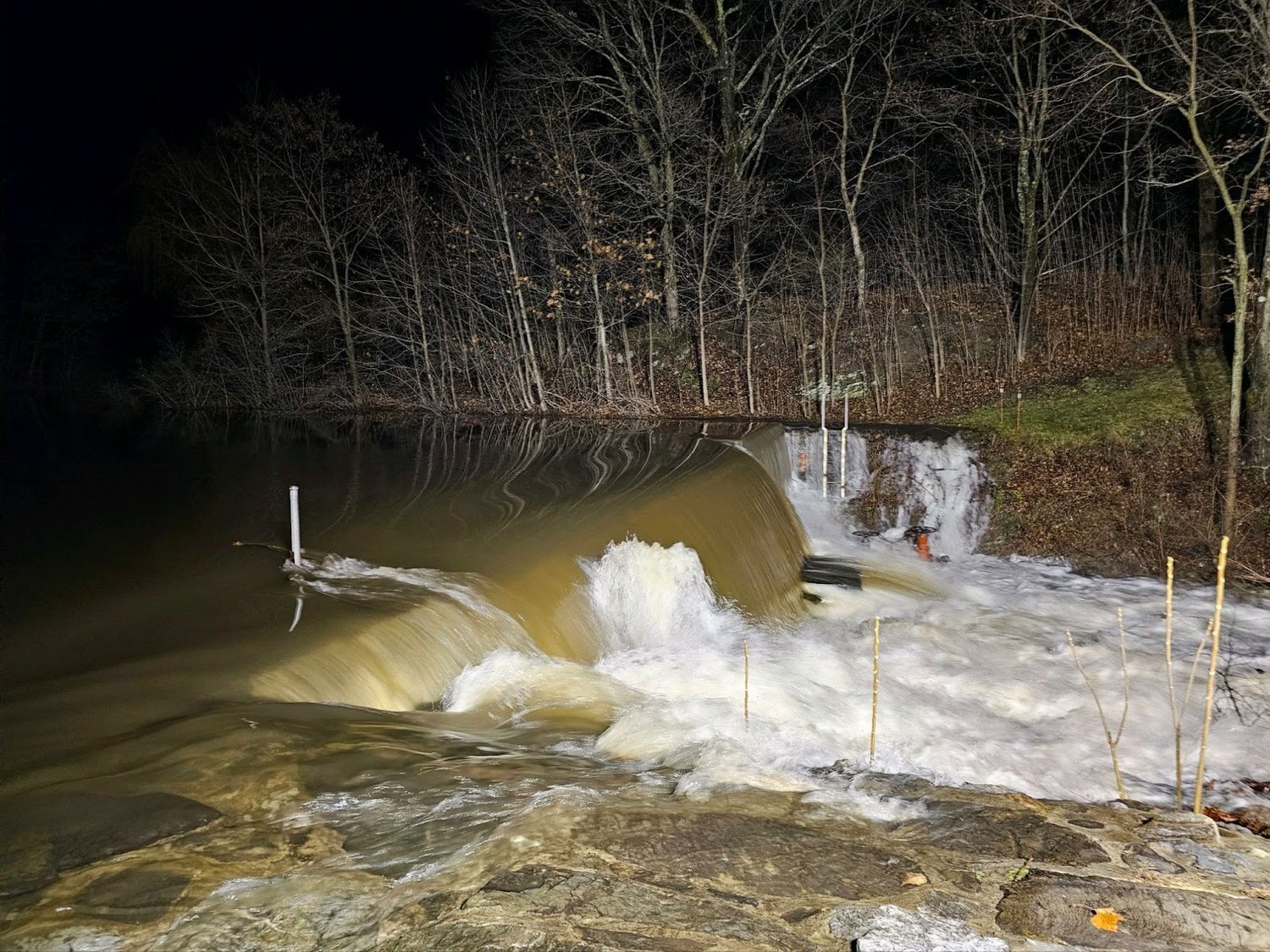Village of Rhinebeck
Climate Adaptation Planning
Read the Village’s Climate Adaptation Plan
The Village Board adopted the plan in January 2025.
Climate Adaptation Survey Results
Thank you to all 121 people who took the survey!
Background
The Village’s Climate Smart Task Force led a process called “climate adaptation planning.”
This entailed:
researching which impacts are and will continue to have an adverse effect on the village
identifying groups particularly vulnerable to these impacts and listening to their experiences and needs
formulating a vision statement about our shared future
creating a plan to adapt to the impacts—and hopefully get us to the vision we want for our future
In 2020 we started hosting workshops to hear from the public, community stakeholders, and officials and staff. We researched impacts and vulnerabilities. We combed through municipal policies that affect resiliency. CAPI Climate adaptation planning kicked off with a workshop on February 8th, 2024 in Peekskill, NY, led by ICLEI, Local Governments for Sustainability. In the workshop a range of regional climate projections were presented and reviewed. In the summer of 2024, we turn to visioning and creating a plan, as one of the municipalities in a Climate Action Planning Institute cohort organized by the Hudson Valley Regional Council.
For more information about predicted changes to the climate in Dutchess County over the next century, please refer to the Dutchess County Climate Summary from NYSDEC's Hudson River Estuary Program.
Photo by Avery Gilbert “Contemplating Sea Level Rise” used in the Natural Resources Inventory
Vision Statement:
We envision Rhinebeck Village as a resilient, energy efficient, and healthy place to live and work, where adaptations to climate change are supported by a well-informed community and science-based solutions.
Impacts
We identified these climate change impacts as the top threats:
heat emergencies and drought
extreme weather events (flooding, power outages, damage)
sea level rise on the Hudson River
Photo of Asher Dam overflowing after a December 2023 storm.
Vulnerabilities
The Village water system—which also services customers in the Town, such as Rhinecliff and the Gardens)—is located on the banks of the Hudson River. Scientists predict that the Hudson River will rise by 36-72” (3-6ft) by the end of the century. Our drinking water is drawn from the Hudson River and treated. Encroachment of the salt front (where the Hudson River draws salt water up from the Atlantic) is also a concern.
The Amtrak train station and train tracks on the banks of the Hudson River could also be impacted by sea level rise.
The Village’s population is predominantly older adults. From the new Village Comp Plan: “The Village stands out in 2020 as one of the oldest communities by median age in New York State, with a median age of 56, compared with 39 for the state.” Older adults, children, and people with preexisting conditions are more susceptible to the impacts of climate change.
Lack of a local newspaper had been identified as a vulnerability in 2020, but since then, we now have the Daily Catch. Still, it can be difficult to share news and announcements with the community.
The Landsman Kill and many smaller intermittent streams flow through the village, making streets, bridges, and residents’ basements and yards susceptible to flooding with more frequent and intense storms.
The village has other centrally located assets, which are strengths, but also need to be protected, especially in emergencies, such as the Rhinebeck Central School District, Village municipal offices and Police and Fire Departments, Northern Dutchess Hospital, Astor Services, the business district, and places of worship.
Adaptations
Adapting to these impacts may mean reducing their harm, or protecting the village as much as possible, or it may mean developing coping mechanisms for living with climate change.
During the summer of 2024, we will work with the Village Board and the community to prioritize adaptations, formulate a vision statement and draft a plan.
Marist Students planting a “Trees for Tribs” riparian buffer along the Landsman Kill at the Village Highway Dept’s property, Spring 2021.
Photo of the Town/Village Focus Group with Older Adults, June 14, 2024





